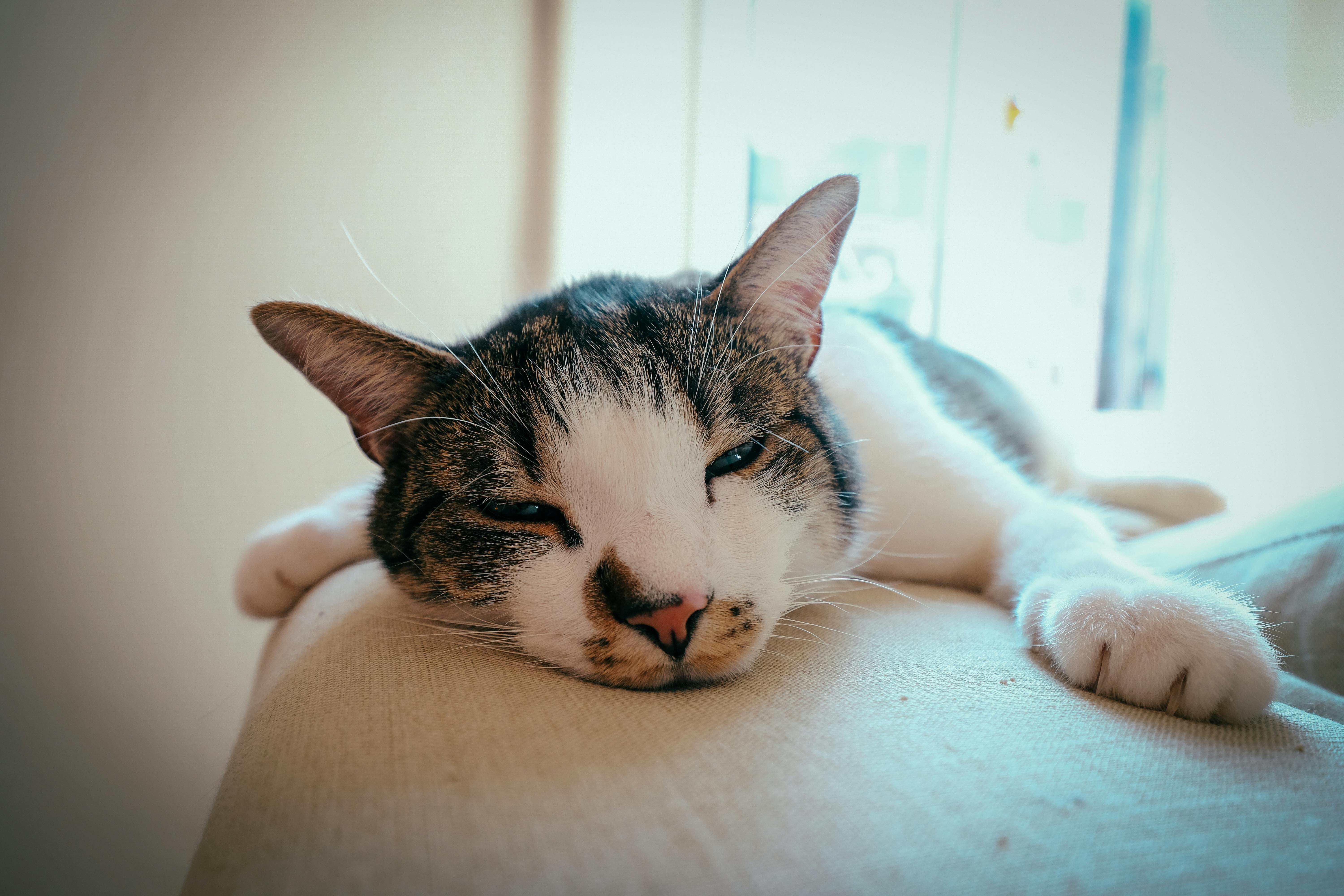Why is the orangutan in danger?
With its distinctive red / brown fur, the orangutan has become an icon for conservation, with images being used around the world to highlight the threats faced by many species. Orangutans are known to be one of our closest relatives in the animal kingdom and share almost 95% of our DNA.
In the wilds of Borneo and Sumatra, orangutans have very few natural predators. This is because they spend much of their life living high up in the trees, and they rarely venture to ground level. However, if an orangutan spends too much time on the ground, it faces threats from leopards and tigers.
So why is the orangutan one of the most threatened animals on the planet?
It is not natural predation, which has led them to become one of the most threatened species in the world, but the invasion of humans. We are responsible for the destruction of around 80% of the rainforest habitat in Borneo and Sumatra in the last 20 years alone. Conservationists predict that by 2020 almost 98% of Indonesia’s rainforest could have been destroyed.
There are several reasons behind the large-scale destruction; Borneo and Sumatra have become densely populated in recent years, and the growing population requires more and more space to build their homes. The rainforest has provided that space at the expense of animal habitat.
Also, the orangutan pet trade is huge and many people in Indonesia see them as status symbols. Adult females are often killed so their young can be sold on the burgeoning black market.
Perhaps the biggest contributor to large-scale habitat destruction has been the world’s insatiable appetite for palm oil. Palm oil is used in a wide variety of products consumed by humans, and as demand has increased, so has the space required to harvest palm oil. Currently, around 6.5 million hectares of rainforest in Indonesia have been cleared to make way for these plantations.
As their habitat is destroyed, orangutans are forced to go to smaller and smaller areas, forcing them into greater conflict with other animals, including humans. When an orangutan conflicts with humans who carry weapons, there will only be one outcome.
Unless swift action is taken to reverse the downward trend in orangutan numbers, we are facing the loss of one of our most beloved animals in the very near future, which would be a tragedy, not just for conservation in the whole world, but also for the fragile Indonesian ecosystem in which they live.
